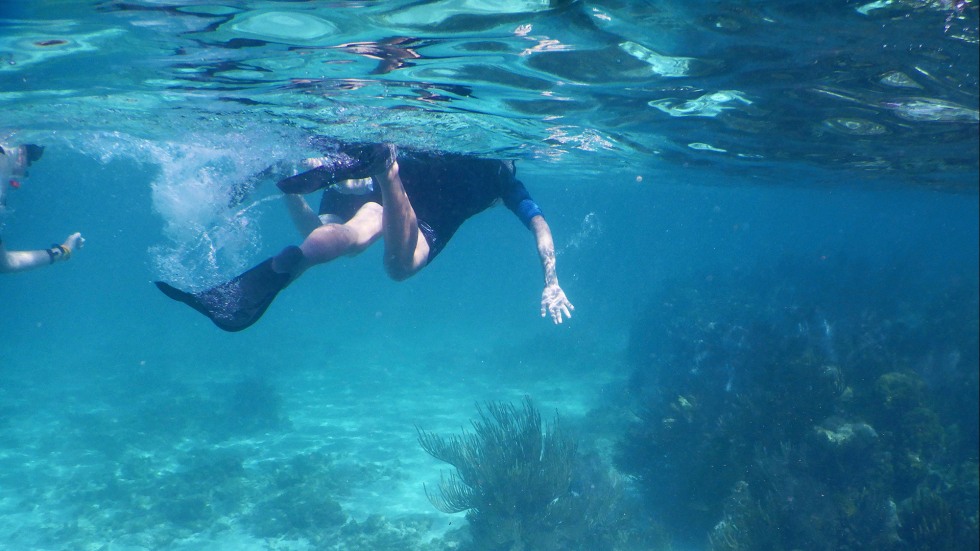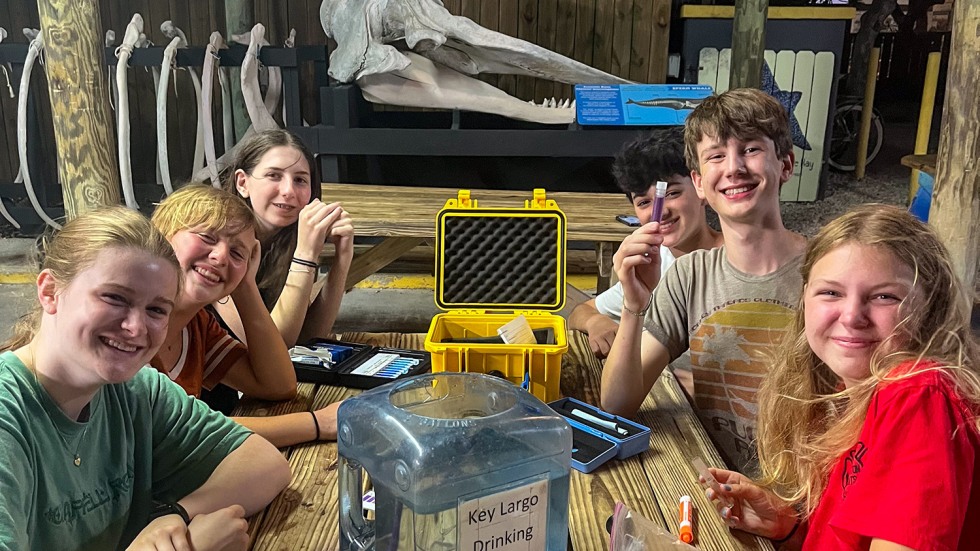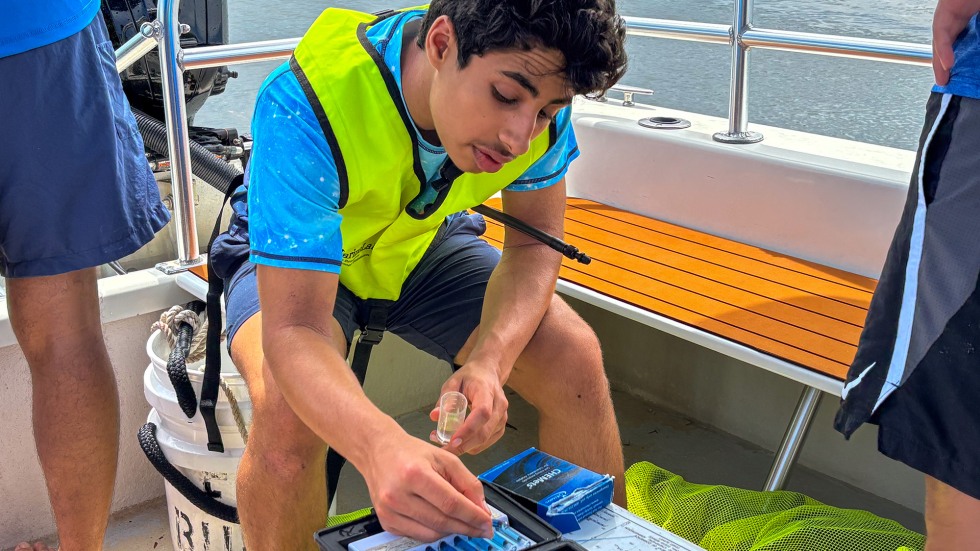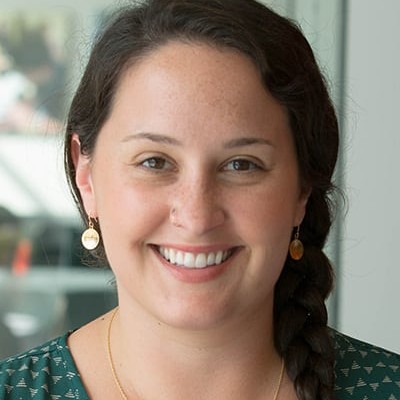The 2026 BELL Florida Keys Program has reached capacity. Admitted students may choose to join the waitlist for this course if they would like to be offered a spot should one become available. You may also choose to enroll in any other available course or program in the 2026 Course Catalog provided that you meet the age and grade requirements.
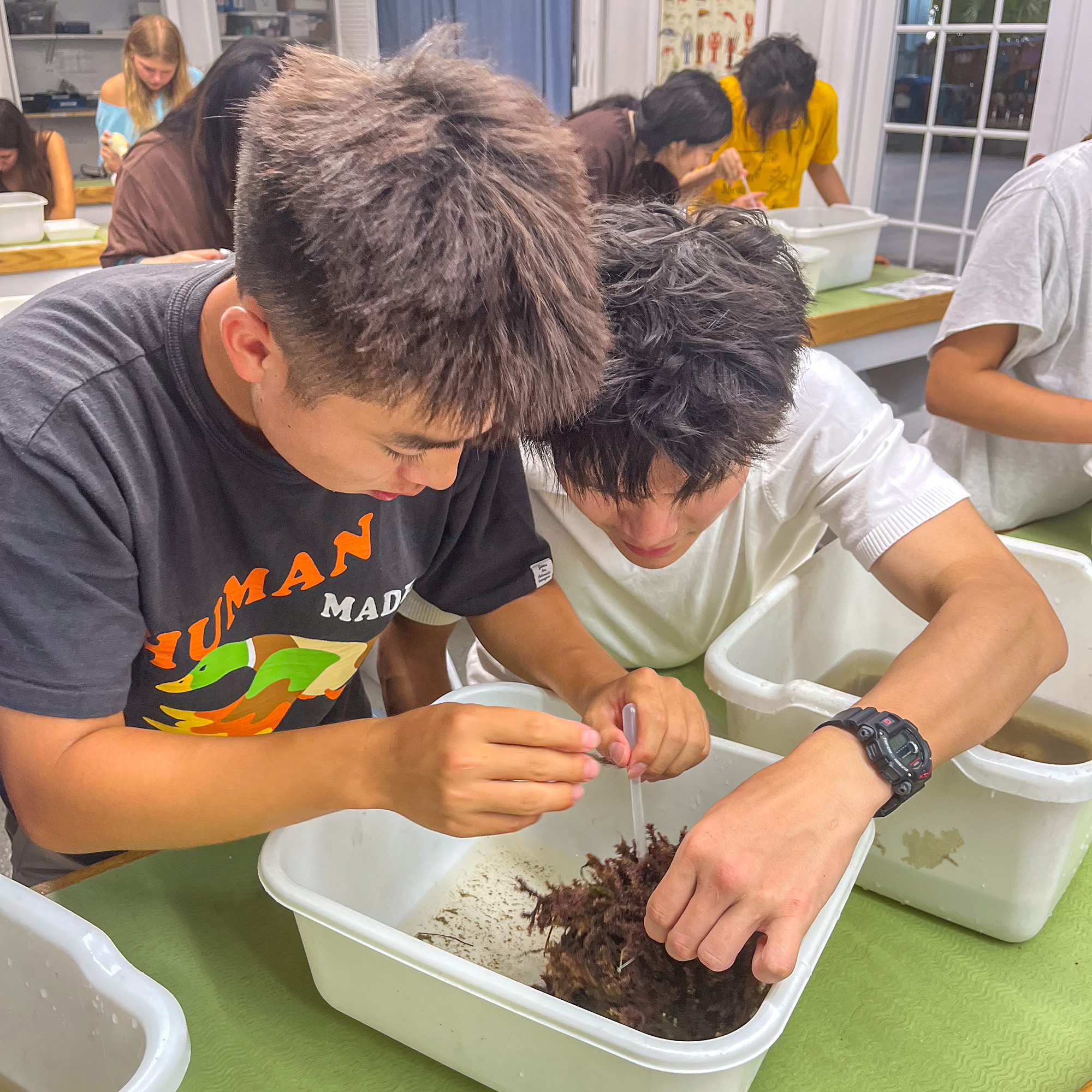
The Brown Environmental Leadership Lab (BELL) combines concepts in environmental studies and leadership, with a mission of developing socially responsible leaders. At BELL, you will embark on a journey of learning and reflection while building community with the fellow student environmentalists in your program.
This one-week program will take you to picturesque Key Largo, Florida, one and a half hour south of Ft. Lauderdale. Your home base will be MarineLab, an environmental education center located on Adams Cut between Blackwater Sound and Largo Sound—convenient to the Florida Keys National Marine Sanctuary in Florida Bay. From there, you will take a deep dive into tropical marine ecology and conservation, looking at sustainable restoration of coral reefs and studying mangrove ecology. You will assess the collective impacts of global climate change, human interaction and extreme weather events while learning about socially responsible leadership.
In addition to course content centered around the local expertise of MarineLab staff, students will participate in lessons blending ecological science with the humanities, highlighting how artists and communities engage with climate change, Indigenous knowledge and environmental justice. You’ll collaborate with peers to craft projects—such as soundscapes, photo essays or short videos—that communicate ecological stories in compelling ways for your final Action Plan project. Along the way, you’ll build leadership skills rooted in creativity, community and care for the living Earth—and you’ll leave prepared to translate this practice into your own communities, inspiring awareness and action beyond the Keys.
